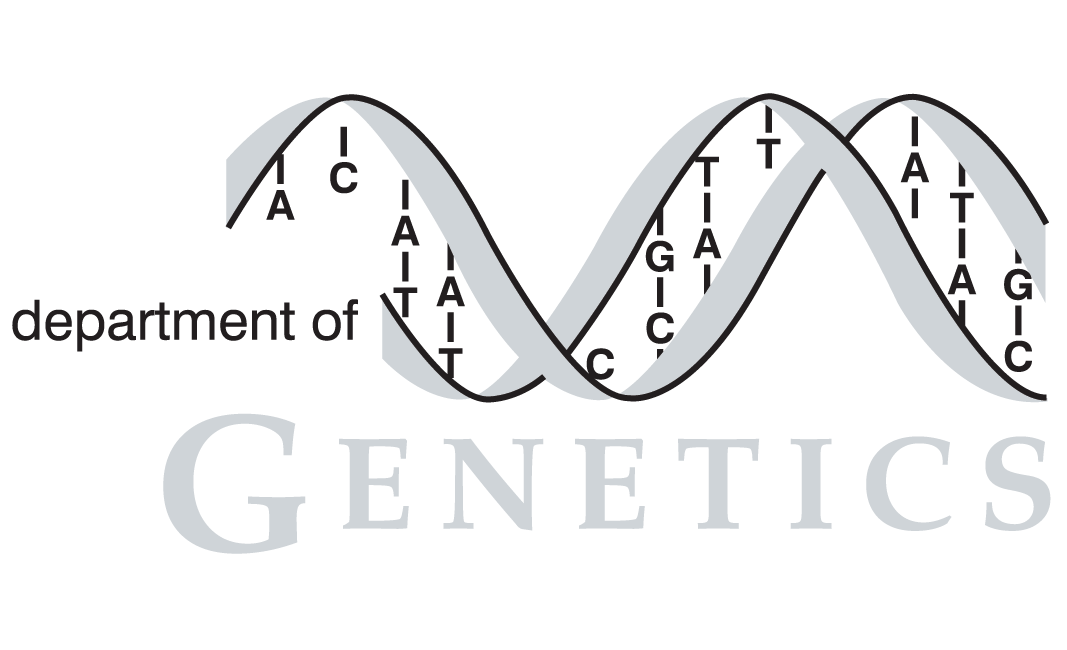| Citation | Tauber E, Miller-Fleming L, Mason RP, Kwan W, Clapp J, Butler NJ, Outeiro TF, Muchowski PJ, Giorgini F. Functional gene expression profiling in yeast implicates translational dysfunction in mutant huntingtin toxicity. The Journal of biological chemistry, 2011. |
| PubMed ID | 21044956 |
| Short Description | Functional gene expression profiling in yeast implicates translational dysfunction in mutant huntingtin toxicity. |
| # of Conditions | 15 |
Full Description

|
Huntington disease (HD) is a neurodegenerative disorder caused by the expansion of a polyglutamine tract in the huntingtin (htt) protein. To uncover candidate therapeutic targets and networks involved in pathogenesis, we integrated gene expression profiling and functional genetic screening to identify genes critical for mutant htt toxicity in yeast. Using mRNA profiling, we have identified genes differentially expressed in wild-type yeast in response to mutant htt toxicity as well as in three toxicity suppressor strains: bna4Delta, mbf1Delta, and ume1Delta. BNA4 encodes the yeast homolog of kynurenine 3-monooxygenase, a promising drug target for HD. Intriguingly, despite playing diverse cellular roles, these three suppressors share common differentially expressed genes involved in stress response, translation elongation, and mitochondrial transport. We then systematically tested the ability of the differentially expressed genes to suppress mutant htt toxicity when overexpressed and have thereby identified 12 novel suppressors, including genes that play a role in stress response, Golgi to endosome transport, and rRNA processing. Integrating the mRNA profiling data and the genetic screening data, we have generated a robust network that shows enrichment in genes involved in rRNA processing and ribosome biogenesis. Strikingly, these observations implicate dysfunction of translation in the pathology of HD. Recent work has shown that regulation of translation is critical for life span extension in Drosophila and that manipulation of this process is protective in Parkinson disease models. In total, these observations suggest that pharmacological manipulation of translation may have therapeutic value in HD. |
Tags
 |
Contact: sgd-helpdesk@lists.stanford.edu


